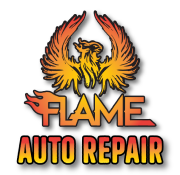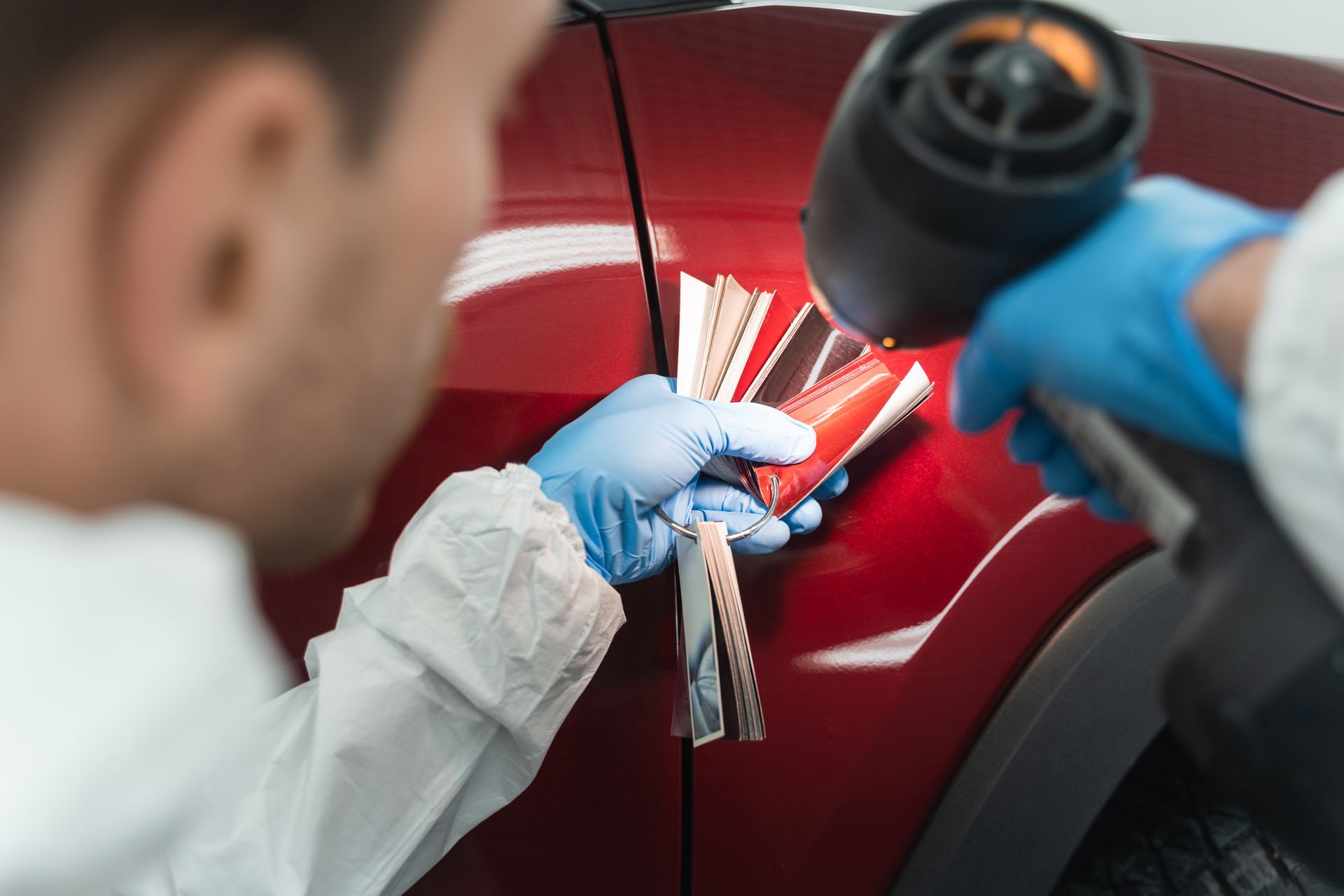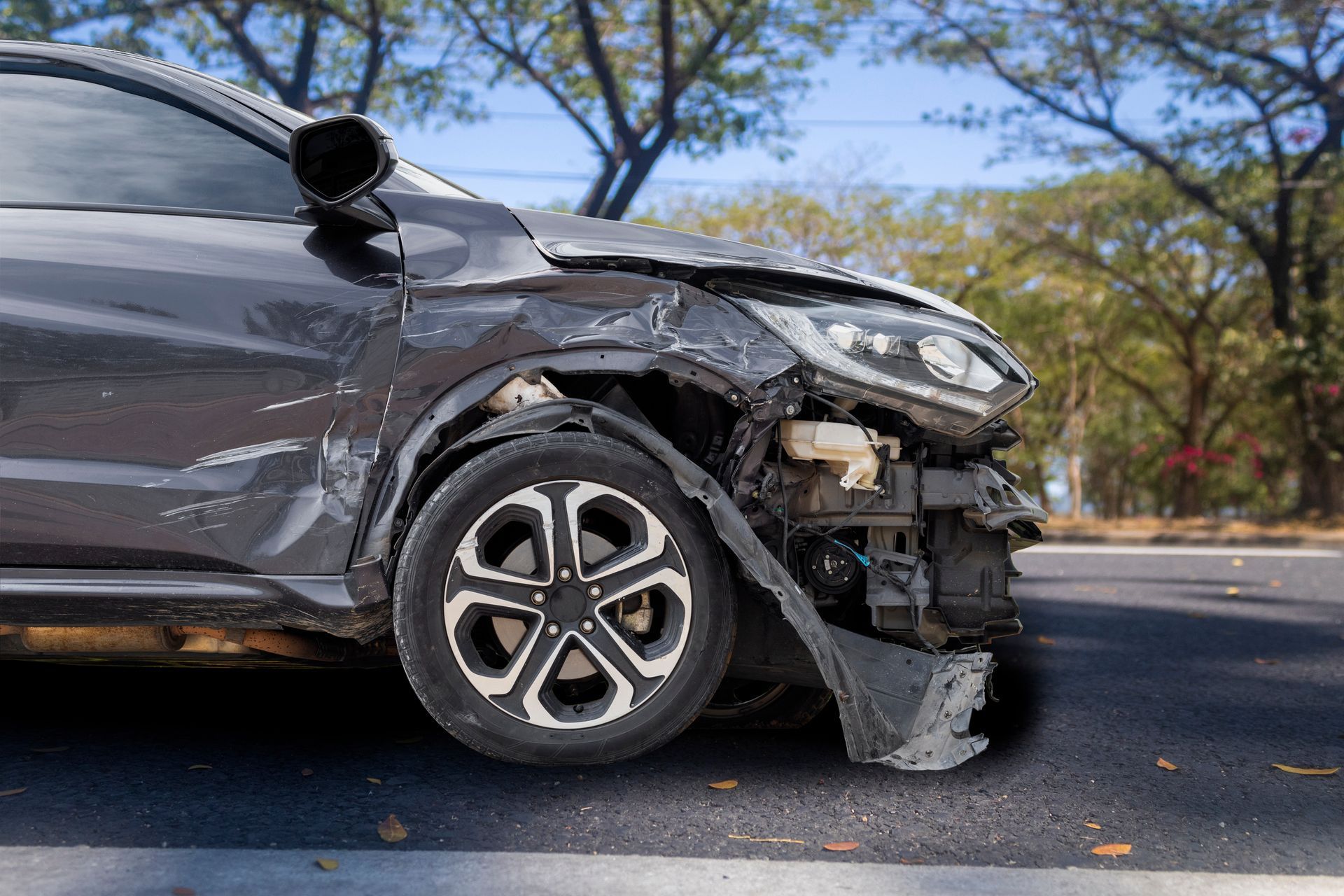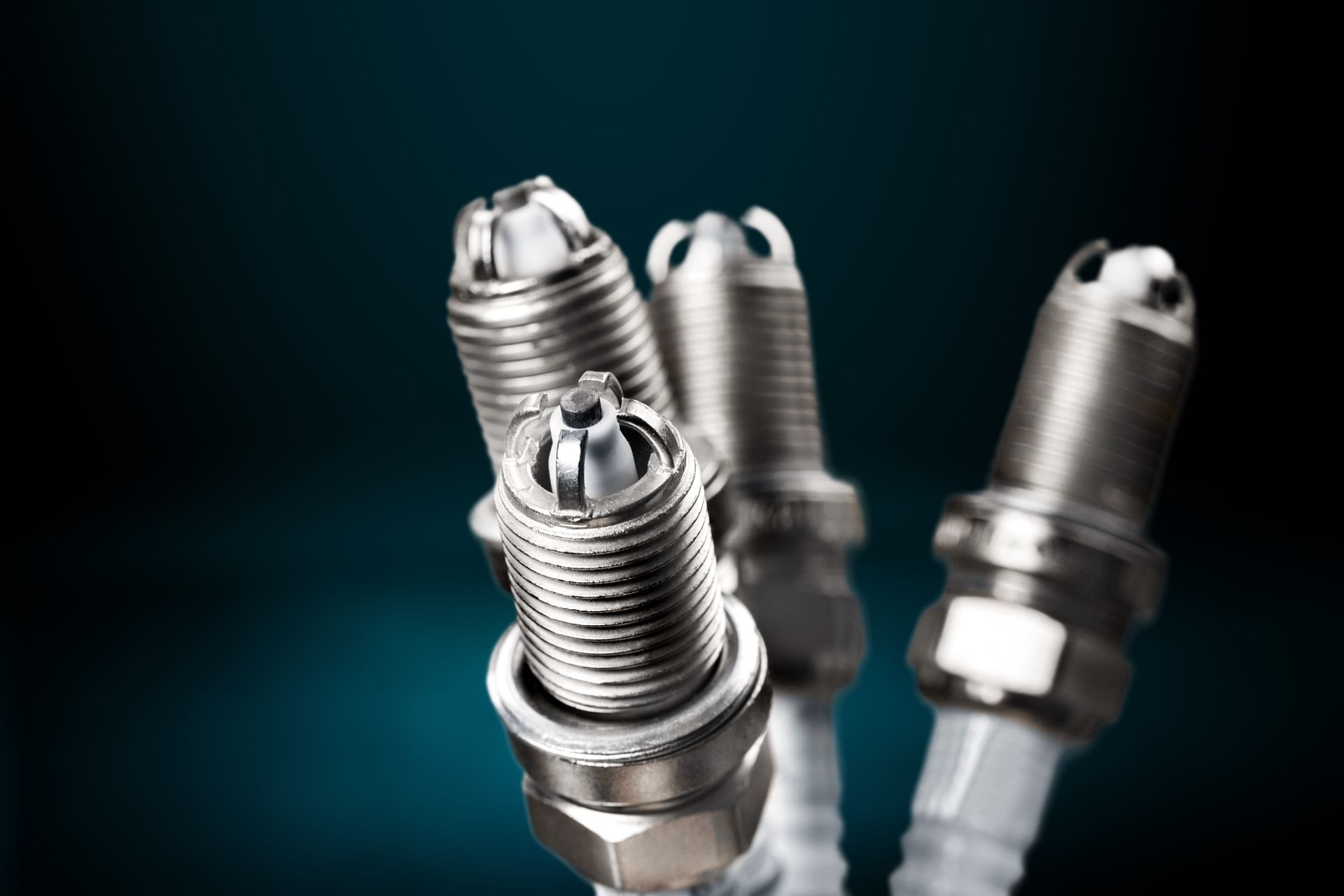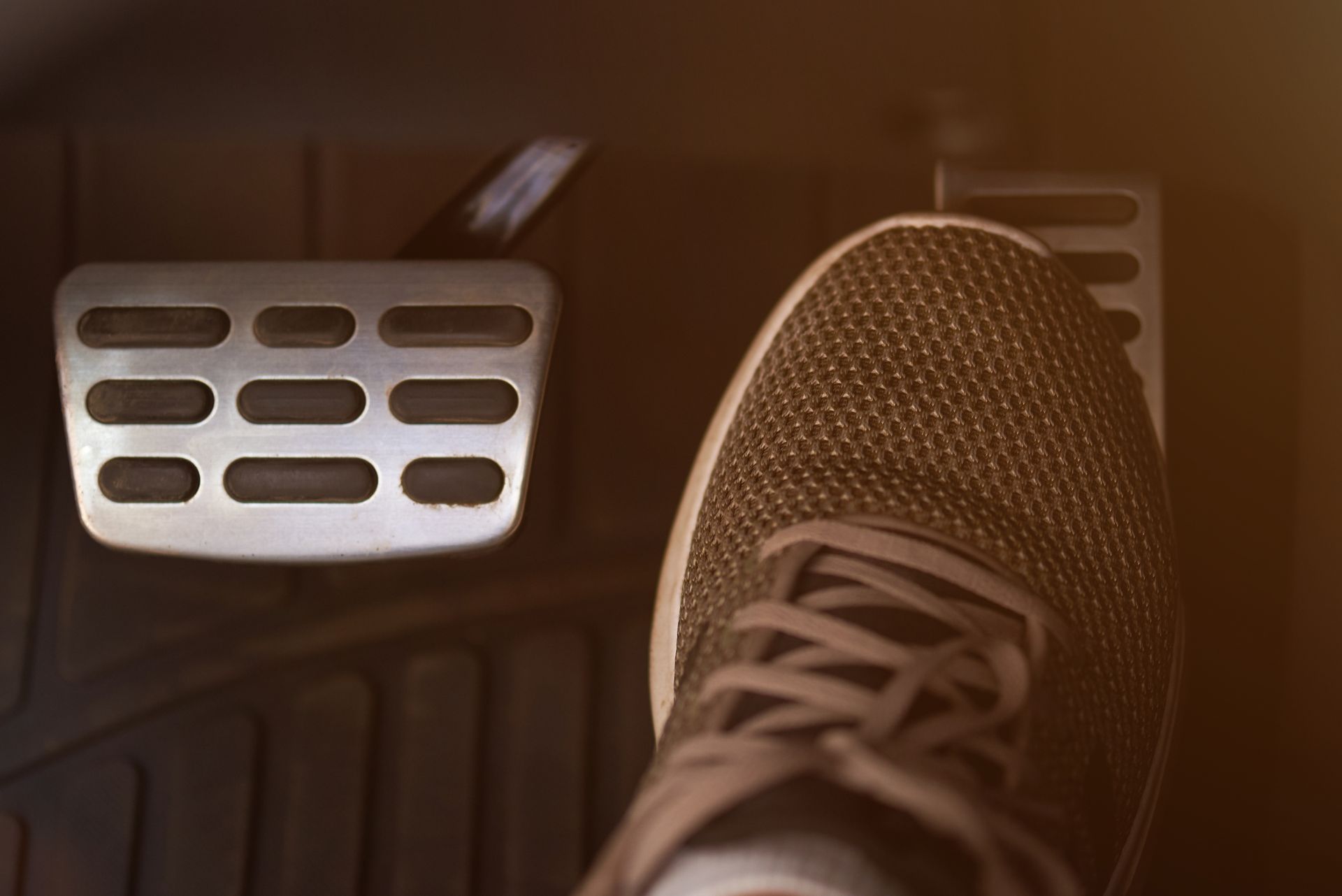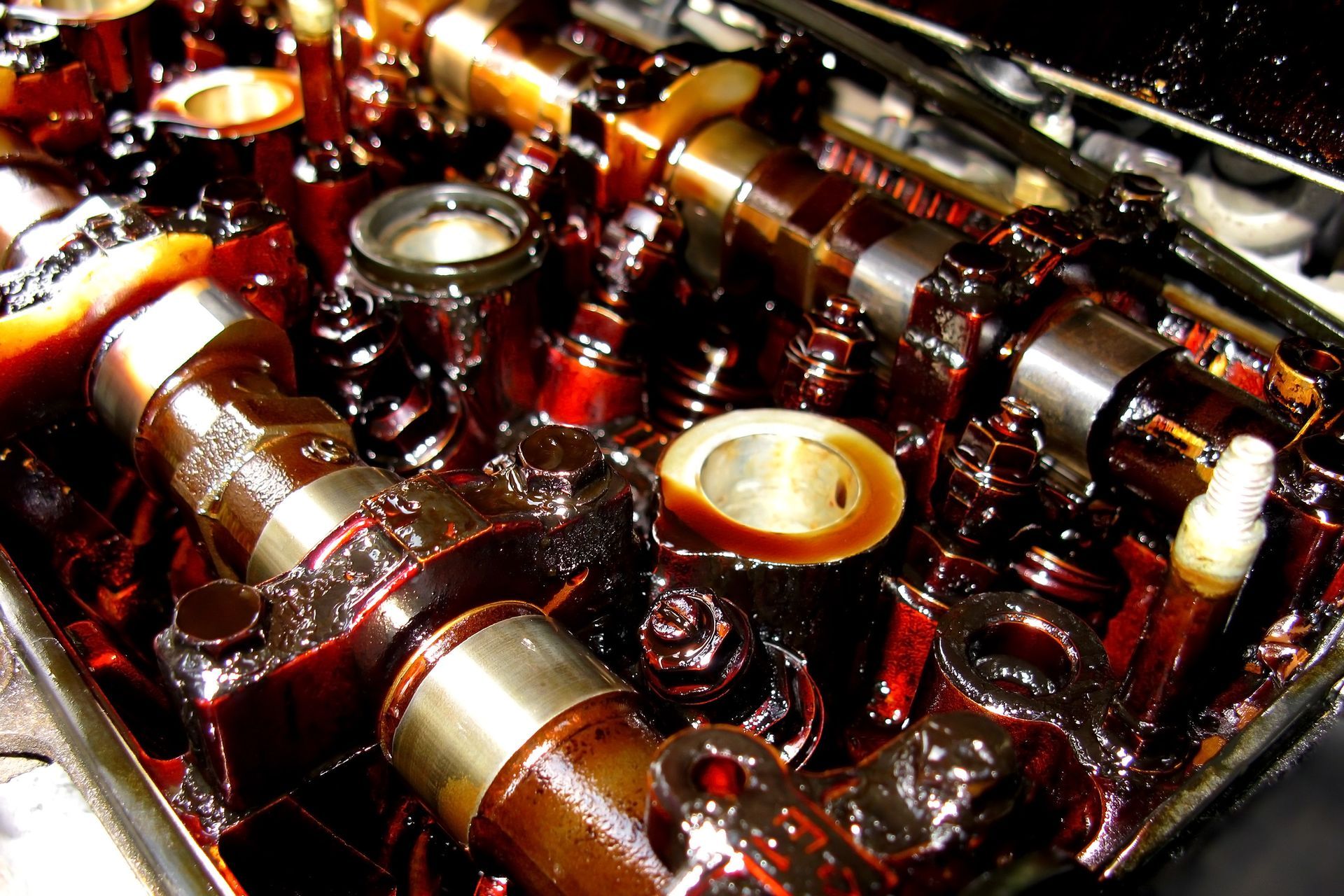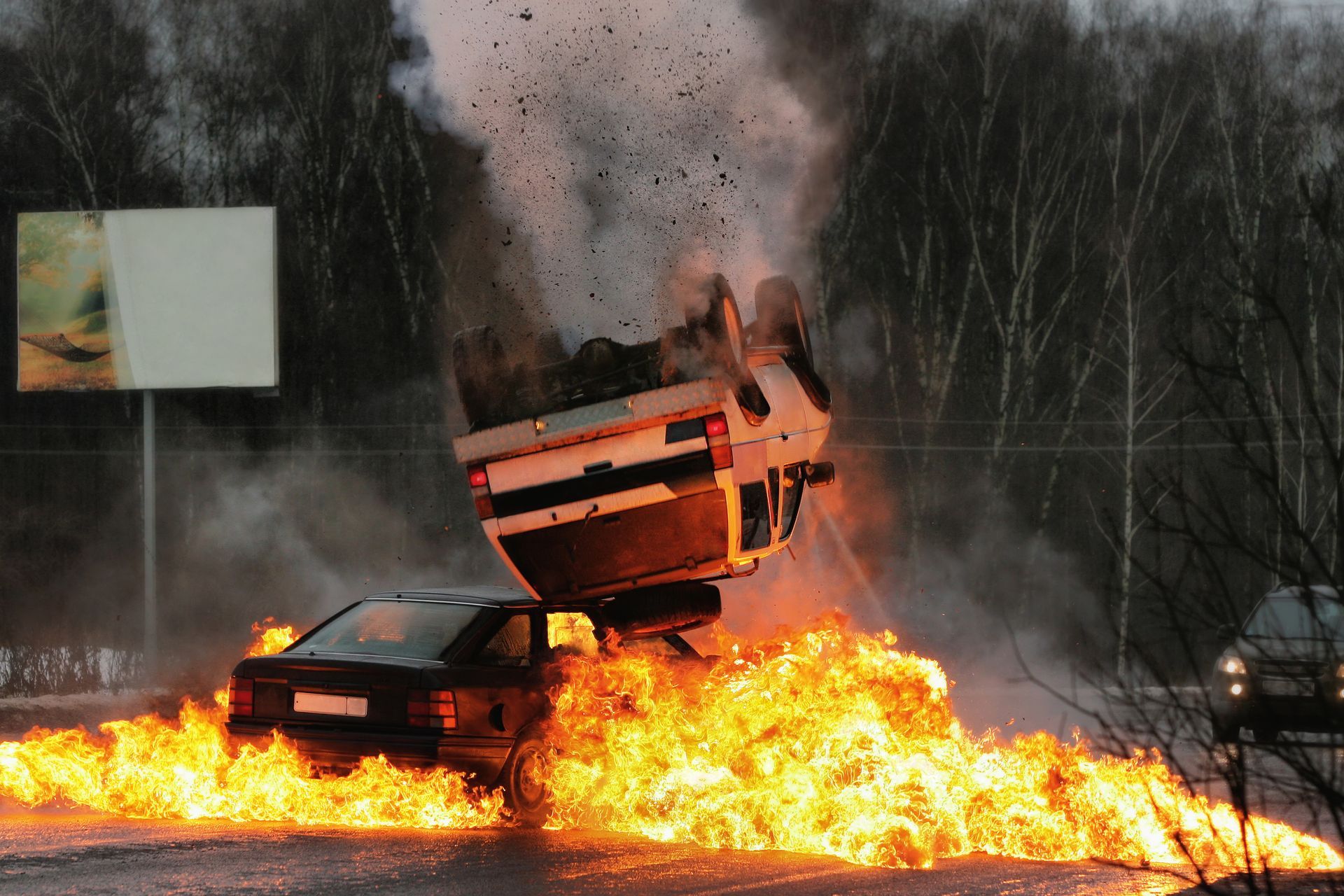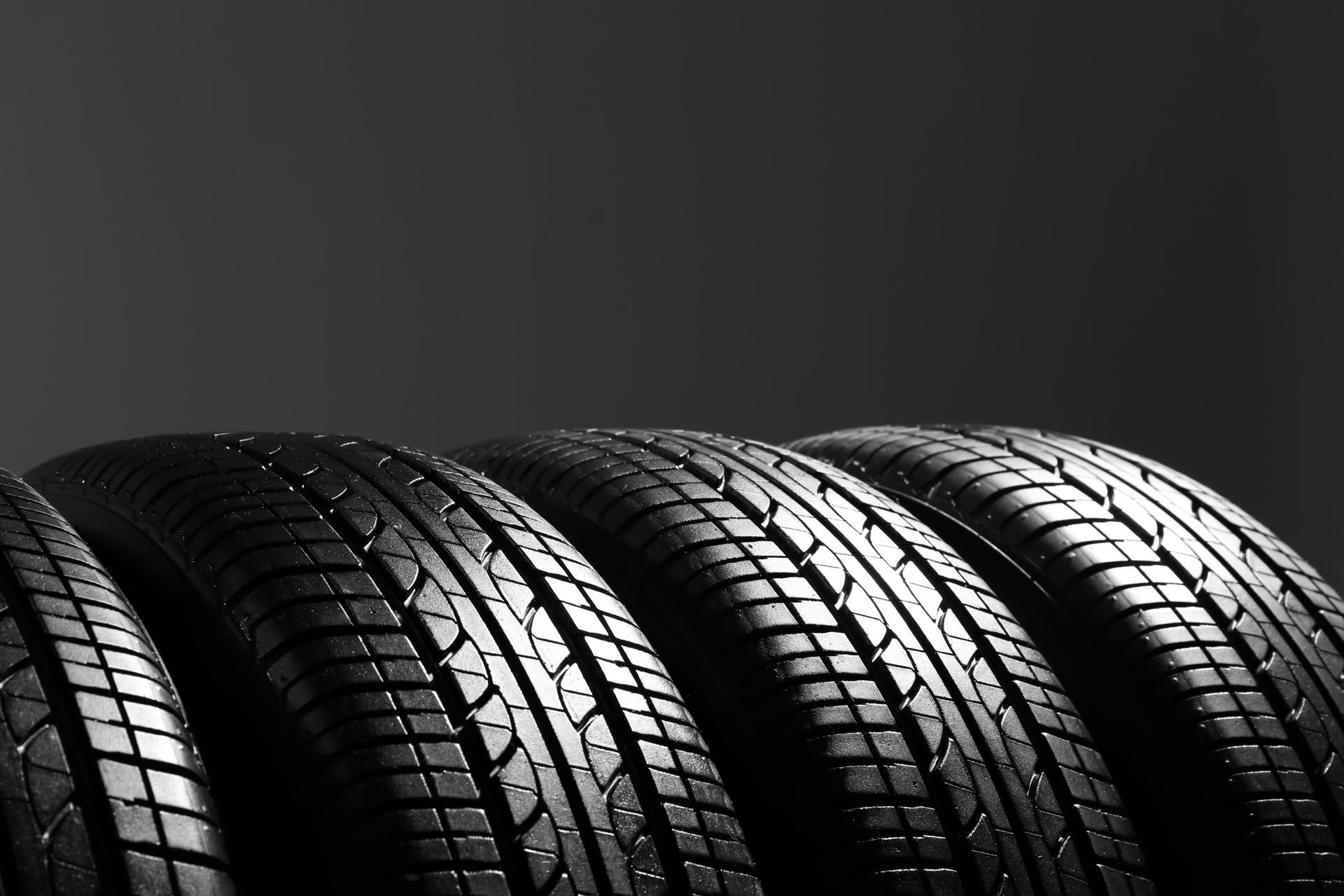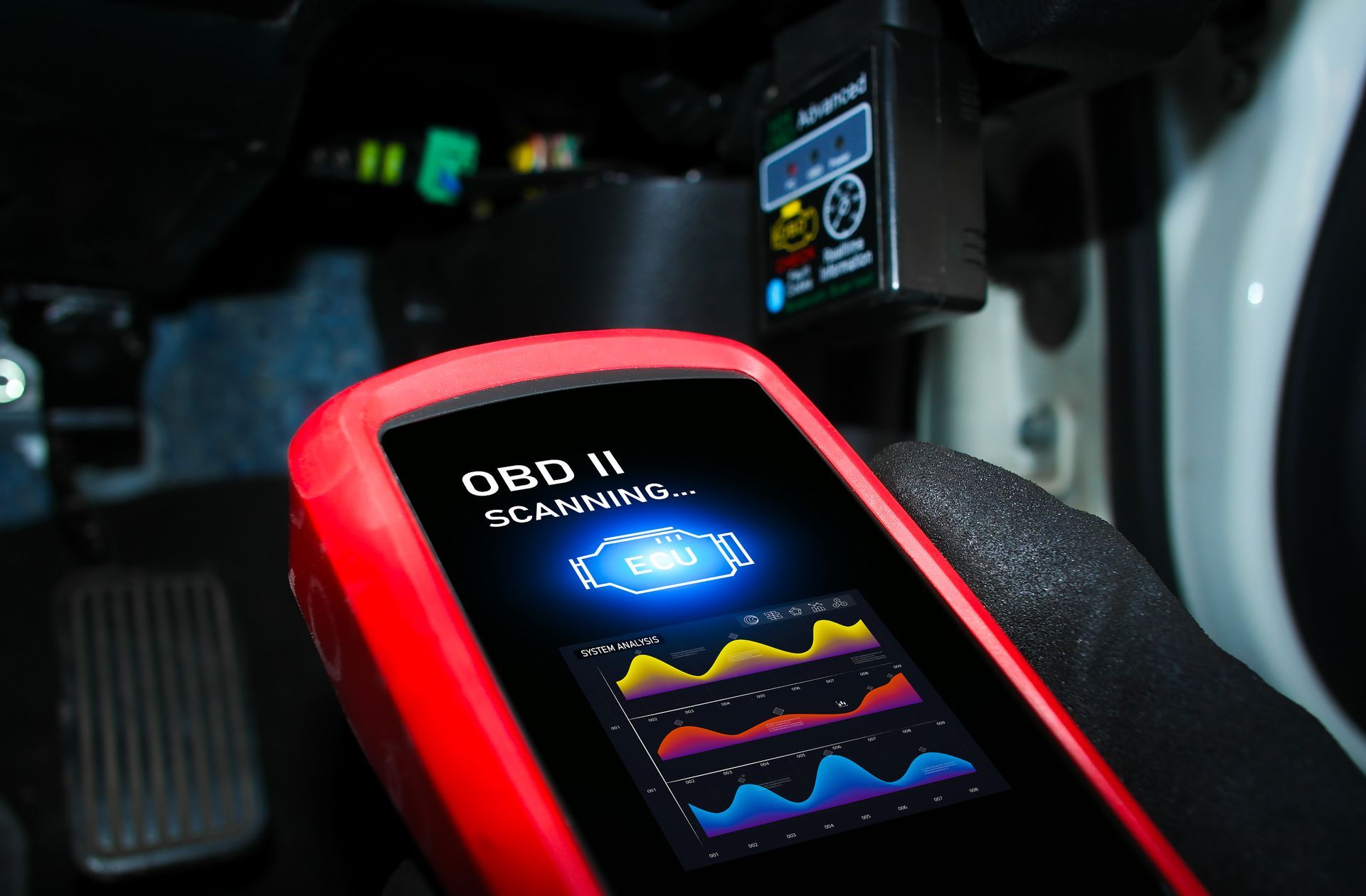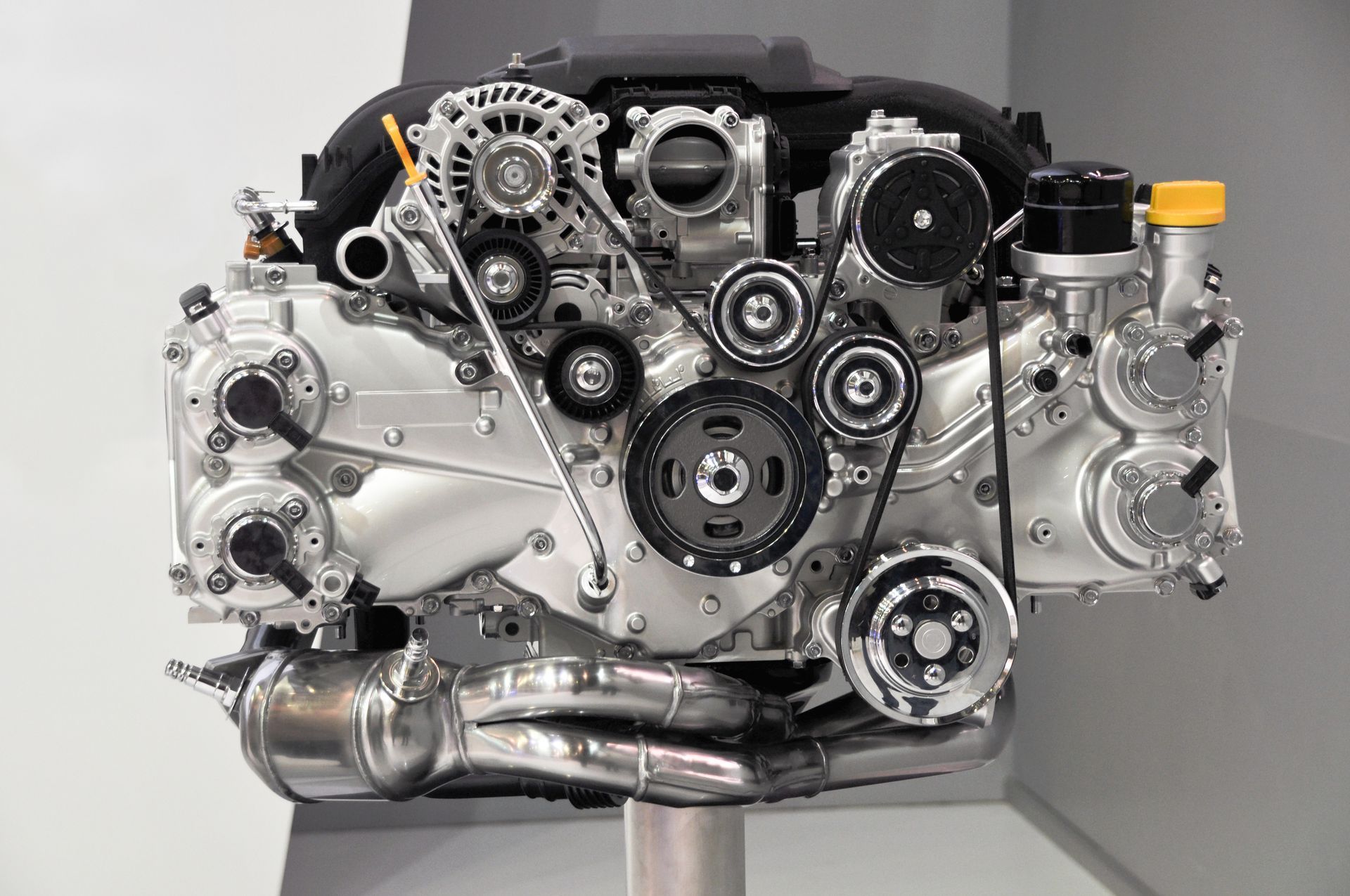When you're involved in a collision, one of the first questions that comes to mind is how long the repair will take. While most drivers hope to get their vehicle back quickly, the actual timeline can vary based on several factors.
Understanding what goes into a quality repair helps set realistic expectations and ensures you're not caught off guard by delays.
Minor vs. Major Damage
The severity of the damage plays the biggest role in determining how long repairs will take. If your car has a small dent or paint scrape with no structural damage, you may be looking at a two to three-day turnaround. On the other hand, if the frame is bent, suspension parts are damaged, or multiple body panels need replacement, it could take several weeks.
Severe damage often requires not only more labor but also more in-depth inspections, reassembly steps, and specialized equipment. Technicians need to make sure that every repair meets safety standards and that the vehicle is road-ready when it leaves the shop.
Inspection and Hidden Issues
During the initial assessment, technicians will identify visible damage and begin estimating the work required. However, hidden problems often surface once panels are removed or alignment is tested. A seemingly simple fender replacement might reveal frame misalignment or internal bracket damage. Discovering these problems mid-process can extend the timeline, but they are essential to address for both safety and performance.
Parts Availability
Another major factor in repair time is how quickly the necessary parts can be sourced. If your vehicle needs new panels, brackets, lights, or suspension components, the availability of those parts can either speed up or slow down the process. For common vehicles, parts are readily available. But if the vehicle is newer, a specialty model, or requires OEM-specific components, it takes longer to receive everything needed.
Delays in shipping, backorders, or supply shortages can add several days or even a week to the repair schedule.
Paint Matching and Refinishing
Paintwork is one of the final and most detailed parts of the repair process. It involves sanding, priming, color matching, painting, and finishing. High-quality paint matching takes time, especially when blending with adjacent panels to ensure the color and texture look seamless.
Each stage of the painting process must also cure properly. Shops often use specialized booths with temperature control to speed up drying, but some paints still require a full day between stages.
Insurance Approvals and Communication
If your repair is going through insurance, expect some added time for approvals. The shop must communicate with your insurance provider to confirm the scope of the work and cost. If there are any changes or discoveries during the repair, these must be submitted and approved before the work continues.
Sometimes delays in communication or extra paperwork slow the process. A shop that works closely with insurance companies can help move things along more efficiently.
Shop Workload and Scheduling
The number of vehicles a shop is currently working on also affects how quickly your car is repaired. During peak seasons, such as winter or post-holiday months, many shops are at full capacity. This can result in a backlog of repairs, which stretches out turnaround times.
A well-organized shop will communicate estimated timelines clearly and keep you updated if delays occur.
Average Timeframes Based on Damage Level
- Cosmetic repairs (scratches, minor dents): 2 to 4 days
- Moderate repairs (bumper replacement, alignment): 5 to 10 business days
- Major collision repairs (frame, suspension, multiple panels): 2 to 4 weeks
These ranges can vary depending on the factors above. We will give you a more accurate estimate after the vehicle has been inspected.
Why Quality Repairs Take Time
While no one likes to be without their vehicle, rushing through body repairs can lead to poor fitment, mismatched paint, or safety concerns. Quality takes time, especially when structural repairs or complex systems like sensors, cameras, or ADAS (Advanced Driver Assistance Systems) are involved.
A professional repair shop will ensure that all repairs meet manufacturer specifications, that parts are properly installed, and that your vehicle is safe to drive.
Auto Body Repair You Can Trust at Flame Auto Repair in Hollywood, FL
At Flame Auto Repair in Hollywood, FL, we take pride in delivering safe, thorough, and reliable collision repair. Our experienced team carefully assesses each vehicle, communicates clearly with customers, and uses high-quality parts and techniques to restore your car to pre-accident condition. If your vehicle needs body work, bring it to a shop that puts quality and safety first.
Contact
Flame Auto Repair today to schedule an inspection and get back on the road with confidence.
